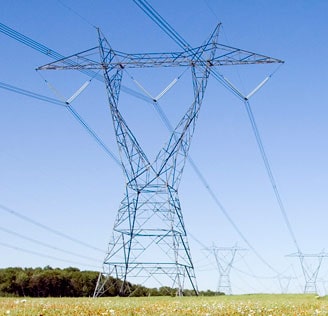Alberta’s weighted average Power Pool price for March is currently $74.31/MWh; compared to last week’s price of $79.29/MWh, prices this week have experienced a decrease of $4.98/MWh or 6.2%. Pricing over the past week has averaged $64.70/MWh, with minimal periods of volatility resulting from decreased periods of demand in the province. While there were several hours in the past week in which pricing peaked over $100/MWh, the highest we saw the price escalate to was $236.26/MWh on March 19th at 9am MST, which was mostly caused by a drop in expected wind generation. Further decreases in hourly demand over the past week has helped settle pricing, with the monthly average now sitting at 10,181MW – a decrease of 178MW or 1.7% from last week’s average – with this week’s average hourly demand being 9,775MW. Several generators that were offline last week have since come back online including Keephills 2 and Genesee 2, which helped curb some market volatility, while Sheerness 1 still remains offline.
March’s weighted average Hourly Ontario Energy Price (HOEP) is currently 3.8¢/kWh, representing a 0.1¢/kWh (2.6%) decrease over last week’s settle. The primary driver of this price decline is decreased demand across the province, which caused the grid’s need for demand response to diminish. Natural gas-burning generation supply decreased by 15.4% (1901MW) over the course of this past week. Base-load generation such as nuclear also fell, decreasing its output to an average of 8834MW – a 49.4MW or 0.6% decrease compared to last week. Hydro-based generation on the other hand increased output, climbing 0.5% to an average of 4020MW. Wind, solar, and biofuel increased output this past week as well, climbing 10.0% (1656MW), 0.3% (76MW), and 3.8% (33MW) respectively. With the first Global Adjustment estimated at 5.5¢/kWh, March’s total market price is currently 9.3¢/kWh, as of today.
This week, Ontario’s government announced $91 million in funding for more EV chargers in the province. They’ll add more chargers to Ontario’s Ivy Charging Network at highway rest stops, carpool parking lots, Ontario Parks and community arenas and municipal parks. More information will follow this year on how rural communities can apply to the “Rural Connectivity Fund” for funding towards the installation of EV chargers at local points of interest in hopes of encouraging adoption of electric vehicles outside of urban centres. Sound interesting? En-Pro has vetted partners in the EV Charging business to whom we can refer you.
– Mark Ljuckanov, Energy Advisor / Ryan Cosgrove, Energy Data Analyst








Add comment